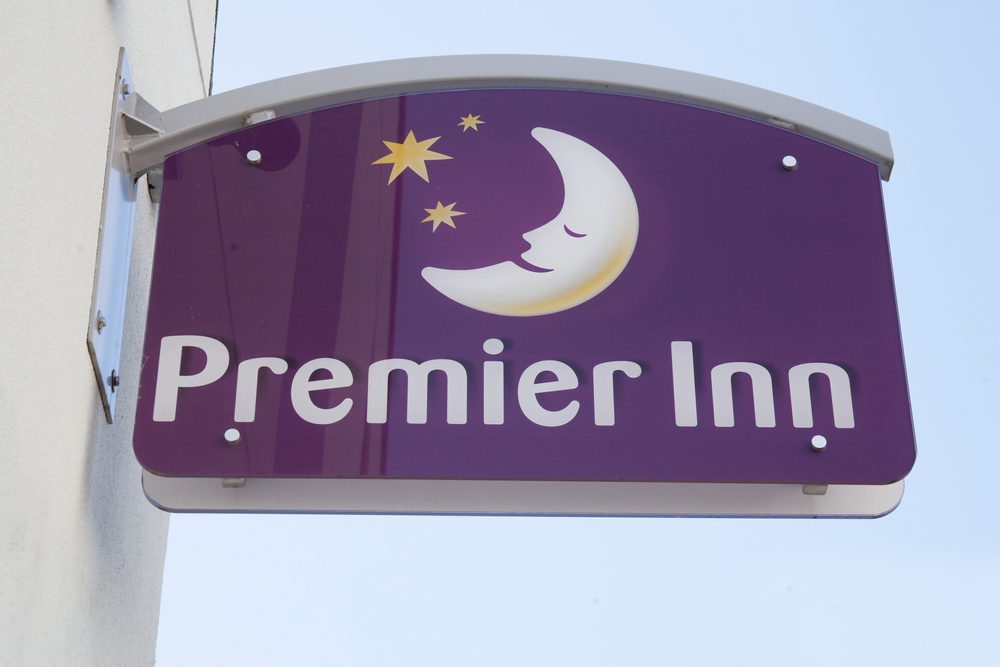Viewpoint: It's time to make a commitment
A hospitality code of conduct can help secure our future talent and show that the industry is changing for the better, says Sean Wheeler
Recruiting and retaining staff has long been a challenge for the hospitality industry. The sector faces a number of misconceptions, such as low pay, unsociable hours, limited opportunities to develop and a lack of long-term careers.
Compounding this challenge is the evolving labour market, which means we are
competing for talent in a smaller pool, so businesses need to be highly effective and flexible in how they attract, engage and interact with their teams.
This increases the need for businesses to offer a different and better-quality job experience. Critically important to this is strong people management, as well as ensuring that the way the business portrays itself externally is consistent with how it treats and involves its staff.
As research from People 1st International shows, many large hospitality businesses are making fundamental changes to achieve this and, for some, it marks a radical change from how they have operated in the past. A number of employers are beginning to move towards offering a holistic package of a competitive salary, realistic hours, tangible development and a good working environment.
However, attempts to change the wider perception of the industry and to show
that it is changing for the better can only be done if the industry works together and commits to being an ‘employer of choice', providing good-quality training, a work-life balance and support to their staff.
To support this, People 1st International is leading on the development of a ‘code of conduct' with key employers, colleges and industry partners. The code will cover critical areas, such as working hours and learning and development, and People 1st International will shortly be consulting with the industry for their comment and approval on the code.
Once the code is agreed, we'll need to work collectively to motivate as many
employers and colleges to sign up and encourage greater co-operation so we can
tackle the long-standing recruitment and retention challenges faced by the sector.
Feeding into this, and critical in promoting the industry as a rewarding career
choice, is a ‘work placement commitment' that has been developed by the People 1st International employer-led hospitality accreditation board, supported by the Hospitality & Skills Quality Board.
Knowing the impact a positive and negative work placement can have on a
student's career trajectory, and having heard many examples of students on placement doing menial jobs and not having an opportunity to use and develop their skills, the commitment aims to ensure structured and enriching work placements to not only give students a realistic insight into the role, but also give them a wide range of opportunities to broaden their experience and understanding.
If you're serious about investing in our future talent, I'd urge you to sign up to the work placement commitment today, by visiting www.people1st.co.uk/code-of-conduct. Here you can also pre-register your interest in getting involved in the development of the code of conduct.
Sean Wheeler is director of people development at Kimpton UK & Regent Hotels at InterContinental Hotels Group, and chair of People 1st International Employer-led College Accreditation Board



















